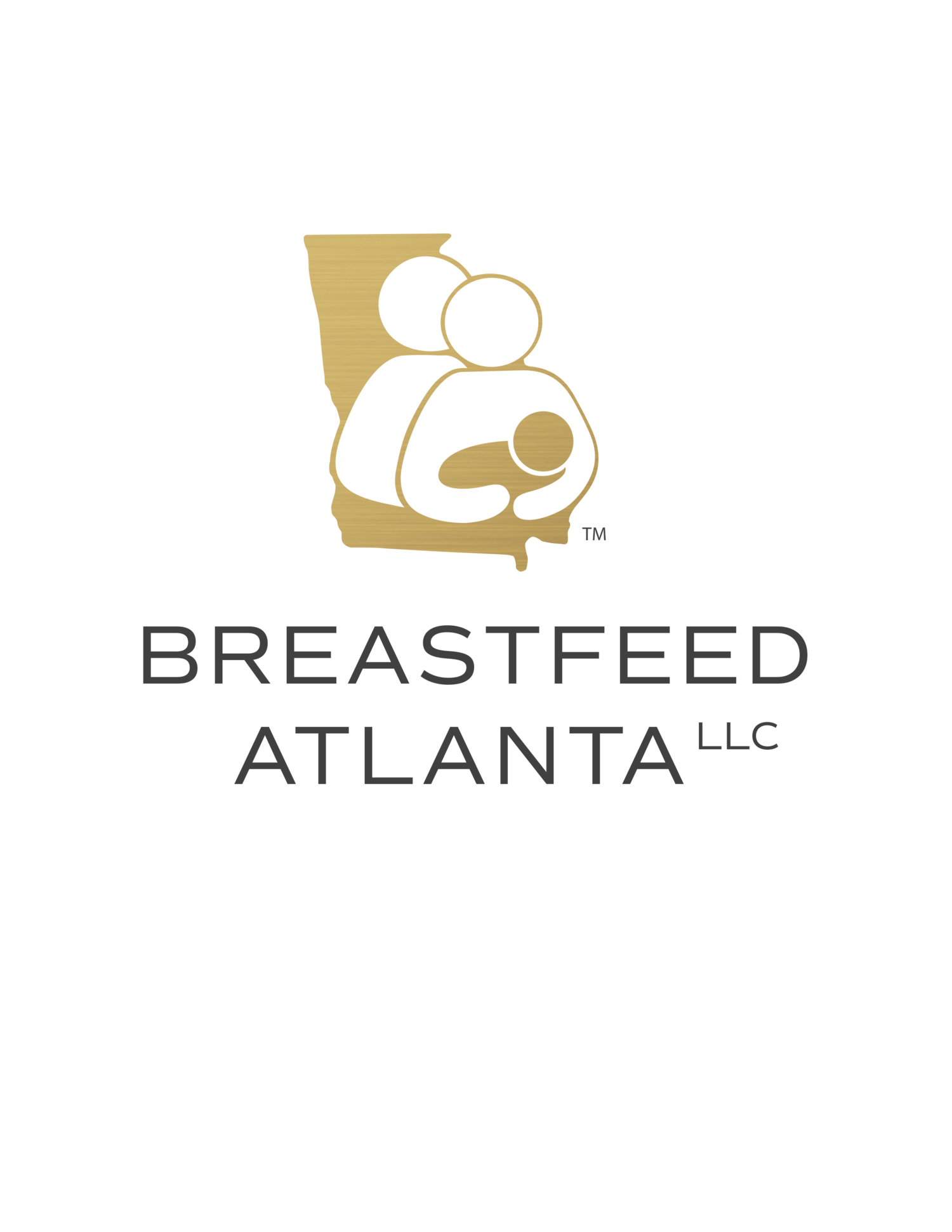What are some common breastfeeding challenges?
There are several common breastfeeding challenges that new mothers may face, including nipple pain or soreness, difficulty latching or positioning, engorgement, plugged milk ducts, low milk supply, and mastitis. Our lactation consultants can help you identify and overcome these challenges to ensure a successful breastfeeding experience.
How do I know if my baby is getting enough milk?
The best way to tell if your baby is getting enough milk is to monitor their weight gain and diaper output. In the first few days of life, your baby should have at least one wet diaper and one dirty diaper per day. By day four, your baby should have four to six wet diapers and three to four dirty diapers per day. Additionally, your baby should be gaining weight. Your lactation consultant can help you track your baby's weight gain and ensure that they are getting enough milk.
What can I do if my baby is not latching on properly?
If your baby is having trouble latching on, there are several things you can try. First, make sure that you are positioning your baby correctly. Your baby's mouth should be wide open, with their lips flanged out. You should also make sure that your baby is getting a good amount of your areola in their mouth. If your baby is still having trouble, you may want to try a different breastfeeding position or use a breast pump to help stimulate milk production.
How can I increase my milk supply?
There are several ways to increase your milk supply. One of the most effective ways is to breastfeed your baby frequently, as this stimulates milk production. You can also try pumping in between feedings to help stimulate milk production. Additionally, it's important to stay hydrated and eat a balanced diet. Your lactation consultant can provide more specific advice on how to increase your milk supply based on your individual needs.
What should I do if I have sore nipples?
Sore nipples are a common problem for breastfeeding mothers. To help alleviate soreness, make sure that your baby is latching on correctly and positioning your baby in a way that reduces nipple trauma. You can also try using a nipple cream or applying a warm compress to your breasts before nursing. If your nipples are cracked or bleeding, it's important to seek medical attention to prevent infection.
How long should I breastfeed my baby?
The American Academy of Pediatrics recommends exclusive breastfeeding for the first six months of life, with continued breastfeeding for at least the first year of life and beyond if both mother and baby are willing. However, the length of time that you breastfeed is a personal decision that should be based on your individual circumstances and preferences. Your lactation consultant can help you make an informed decision about breastfeeding duration.
How often should I breastfeed my baby?
The frequency of breastfeeding can vary depending on the age and needs of your baby. In general, newborns should breastfeed at least 8-12 times per day, or every 2-3 hours. As your baby grows and their stomach capacity increases, they may nurse less frequently but for longer periods of time. Our lactation consultants can provide guidance on how often and for how long your baby should nurse to ensure they are getting the nutrition they need.
What should I do if I'm experiencing pain while breastfeeding?
Pain while breastfeeding is common, but it should not be ignored. There are many reasons why breastfeeding can be painful, including improper latch, engorgement, mastitis, and thrush. A lactation consultant can help identify the cause of your pain and provide strategies for relief, such as adjusting positioning or using a nipple shield.
Can I breastfeed while taking medication?
It depends on the medication. Some medications are considered safe for use while breastfeeding, while others can be harmful to the baby. It's important to consult with your healthcare provider and our lactation consultants before taking any medication while breastfeeding.
Can I breastfeed if I have a medical condition?
In many cases, breastfeeding is safe and beneficial for both mother and baby even if the mother has a medical condition. However, it is important to consult with your healthcare provider and our lactation consultants to ensure that breastfeeding is appropriate for your individual situation. We can help you understand the risks and benefits of breastfeeding with your specific medical condition and provide guidance on any necessary precautions.
What if I have to go back to work?
Many mothers return to work while continuing to breastfeed. There are strategies you can use to maintain your milk supply and continue providing breastmilk for your baby, such as pumping at work and using a breastmilk storage system. A lactation consultant can provide guidance and support for breastfeeding while working.
Can I breastfeed if I have inverted nipples?
Yes, it is possible to breastfeed with inverted nipples. A lactation consultant can provide techniques and strategies for improving latch and milk transfer. Additionally, the use of a nipple shield may be helpful in some cases.

